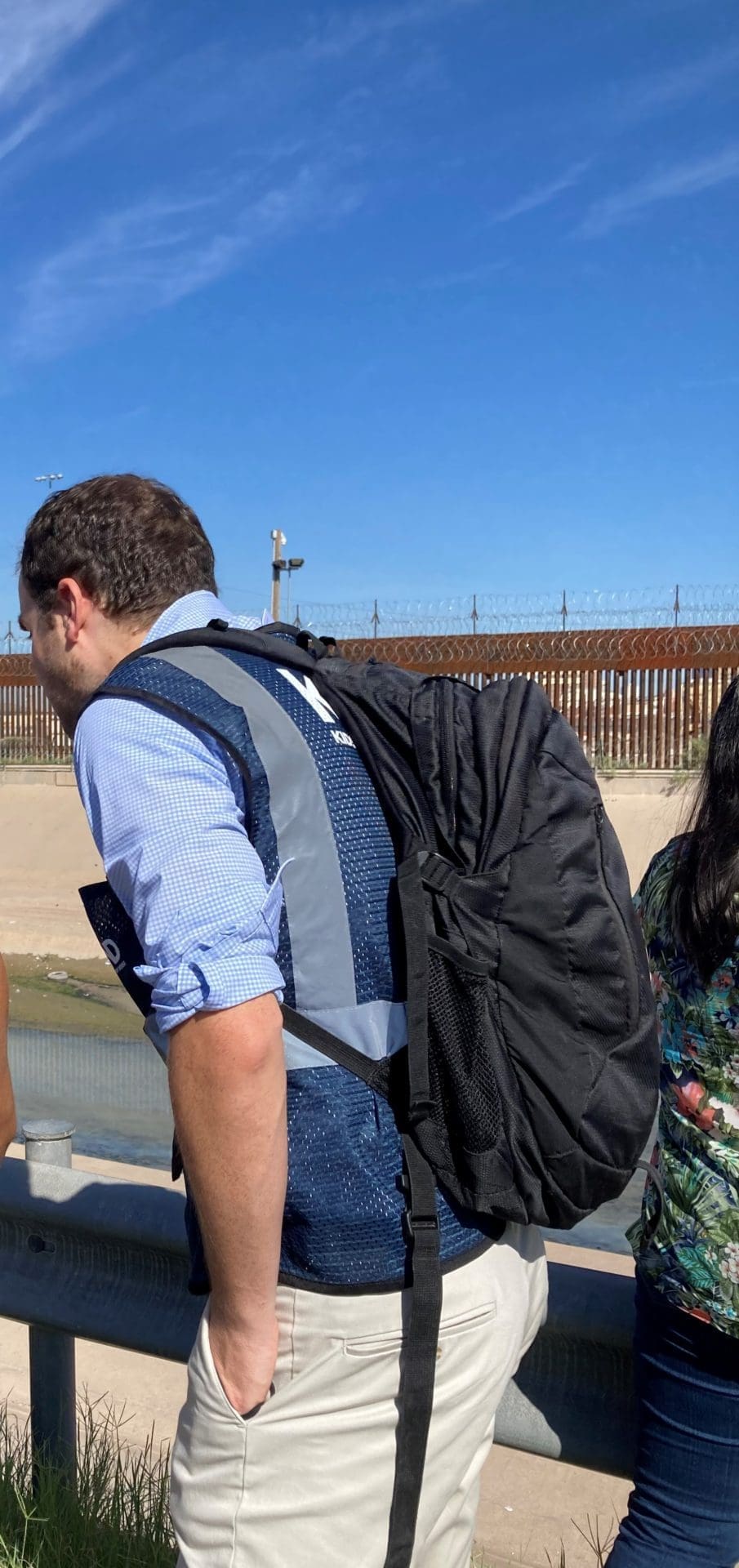With the ball in the Biden Administration’s court, DHS should expeditiously onboard these experts and vest in them, among other responsibilities, the below duties vital to children’s well-being:
Ensure appropriate care of children in CBP custody
Under the binding Flores Settlement Agreement, “every effort must be taken to ensure that the safety and well-being” of children in CBP facilities “are satisfactorily provided for.” Too often CBP falls short of this standard. A recent KIND complaint filed with the DHS Office for Civil Rights and Civil Liberties revealed lack of adequate access to food, water, and other necessities, as well as incidents of mental and physical harm, endured by children in a number of CBP facilities. The placement of licensed child welfare professionals qualified to address children’s developmental, physical, and psychological needs would help prevent such outcomes and improve care and conditions for migrant youth.
CBP’s National Standards on Transport, Escort, Detention, and Search state that the agency “will maintain family unity to the greatest extent operationally feasible.” Yet after the Trump Administration’s cruel “Zero Tolerance” family separation policy ended, CBP has carried out needless and devastating separations of children from their parents and legal guardians on unfounded child safety grounds—even though the law enforcement personnel taking these actions lack child welfare proficiency. To meet the agency’s own standard, licensed professionals should assess child welfare considerations before any separations from parents and legal guardians occur.
Perform statutorily mandated protection screenings of unaccompanied children
The Trafficking Victims Protection Reauthorization Act of 2008 (TVPRA) requires DHS to conduct screenings of certain unaccompanied children at the border for human trafficking and other protection concerns. Governmental and nongovernmental reports have pointed to systemic failures in CBP’s administration of those screenings, including flawed capture of potential trafficking indicators. The performance of TVPRA screenings by licensed child welfare professionals—who are specially trained in child-sensitive interviewing techniques—would result in more effective identification of protection considerations and help prevent the return of unaccompanied children into the hands of bad actors.
I do not know the fate of that young girl in Ciudad Juarez or of her family. But I am certain that migrant children like her need the expert care and screening of child welfare professionals once in CBP custody. DHS Secretary Alejandro Mayorkas affirmed it is the “best interest[s] of the child that really define our actions.” CBP Commissioner Chris Magnus emphasized “there is really nothing more important to me, and I think my colleagues at Border Patrol, than the safety of children.” Congress has afforded the Biden Administration an unprecedented opening to help make good on those commitments. Now is the time to seize it.

 Migrant children enter CBP custody uniquely vulnerable. My organization, Kids in Need of Defense (KIND), sees this firsthand—our legal and social services staff work directly with children along the U.S. and Mexico sides of the border. We regularly serve children who have faced acute harm and trauma in the countries they fled as well as during the journey north. That suffering, combined with developmental, comprehension, and communication vulnerabilities, makes it imperative that licensed child welfare professionals are present in CBP facilities to administer children’s care and screening.
Migrant children enter CBP custody uniquely vulnerable. My organization, Kids in Need of Defense (KIND), sees this firsthand—our legal and social services staff work directly with children along the U.S. and Mexico sides of the border. We regularly serve children who have faced acute harm and trauma in the countries they fled as well as during the journey north. That suffering, combined with developmental, comprehension, and communication vulnerabilities, makes it imperative that licensed child welfare professionals are present in CBP facilities to administer children’s care and screening.